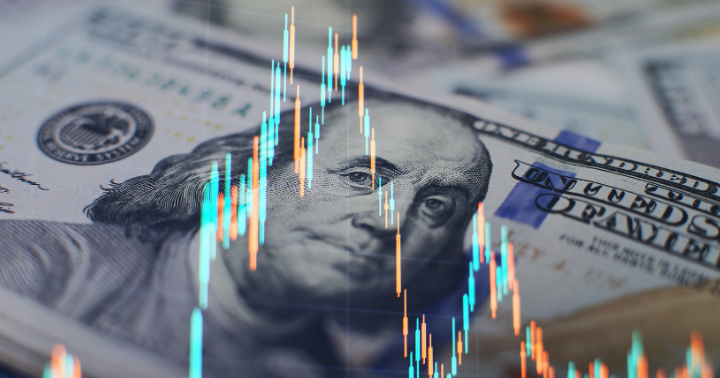How does the stock market function?
Stock Market Basics
Choosing the correct channels for wealth generation is a crucial aspect of financial planning.
Investing in the stock market stands out as a promising avenue, offering investors substantial returns over time. However, unlocking these returns necessitates a comprehensive grasp of how the equity market functions.
Here's a breakdown of what you need to be aware of.
Participants of Stock Market
The stock market is like this big marketplace where people trade shares, bonds, and other financial stuff. It's all made possible by stock exchanges, which are like the middlemen connecting buyers and sellers.
To get how the stock market works, you've got to know about its players. In the Indian stock scene, there are four main ones:
1. The Securities Exchange Board of India (SEBI)
SEBI is like the boss overseeing the stock markets in India. Its job is to make sure everything runs smoothly and everyone plays fair. They set rules for exchanges, companies, brokerages, and others to follow, all to keep investors safe and sound.
2. Understanding Stock Exchange
In the world of investing, the stock market is where you can buy and sell shares, bonds, and other financial things. Stock exchanges are like the matchmakers here, making sure these trades happen smoothly. Now, when it comes to India, we've got two main stock exchanges.
1. Bombay stock exchange (BSE) – Sensex is its indicator.
2. National stock exchange (NSE) – Nifty is its indicator.
Additional read : All about stock exchange.
3. Stockbrokers and Brokerages
Think of a broker as the middle person (could be a person or a company) who carries out buying and selling orders for investors, and they get a little something in return – either a fee or a commission.
4. Investors and Traders
Shares represent a slice of a company's overall value. Investors are folks who grab these shares to be a part of the company. When it comes to trading, that's the action of buying or selling these ownership pieces.
5. Markets
Let's dive into the mechanics of the Indian stock market, focusing on the primary and secondary playgrounds.
Primary Markets
The primary stock market is like a launchpad for companies. It's where they can snag some funds to fuel their dreams and settle their financial duties.
Picture this: a company throws its shares onto the stage through a grand event known as an Initial Public Offering, or IPO. It's the first time they're offering their shares to the public, and it's like a time-limited shopping spree. Investors can bid for these shares and grab them at the price set by the company.
Once the bidding window slams shut, the shares find their new homes with the winning bidders. This marks the moment when companies go public, sharing their ownership with the everyday folks. Of course, there's a price to pay for this stock market party – a fee to the stock exchanges. And to keep things transparent, companies spill the beans on all their financial details: quarterly and annual reports, balance sheets, income statements, and a sneak peek into future projects or goals. It's like a financial tell-all to keep the stock markets in the loop.
Secondary Markets
After the whole IPO extravaganza, the company takes a bow on the stock market, signifying that its shares, once exclusive to the IPO, are now up for grabs in the open market.
So, what's the deal with the secondary stock market? Well, this is the spot where a company's shares get into the hands of the public after their initial introduction in the primary market. It's the place where shares are bought and sold freely, creating a bustling marketplace for investors to trade and make moves.
Trading in Stock Market
Upon the listing of company stocks on the stock exchanges, these securities become tradable commodities within the secondary market. Facilitating the buying and selling of these stocks are stockbrokers and brokerage firms, serving as intermediaries linking investors to the stock exchange.
The process unfolds as follows: Investors communicate their buy orders to their brokers, who subsequently relay these instructions to the stock exchange. The exchange, acting as a transaction orchestrator, seeks out corresponding sell orders for the designated shares.
Upon locating a suitable match between a buyer and a seller, an agreed-upon price is established, finalizing the transaction. In real-time and within seconds, the stock exchange communicates the confirmation of the executed order to the broker, who promptly relays this information to the investor. This intricate process reflects the dynamic and swift nature of stock market transactions.
Simultaneously, the stock exchange verifies the credentials of both buyers and sellers involved in share transactions to mitigate the risk of defaults by either party.
Following this verification, the stock exchange oversees the tangible transfer of share ownership from sellers to buyers, a procedure commonly referred to as the settlement cycle.
In the past, the settlement of stock trades used to extend over weeks. However, significant advancements have compressed this duration to a more efficient T+2 days.


